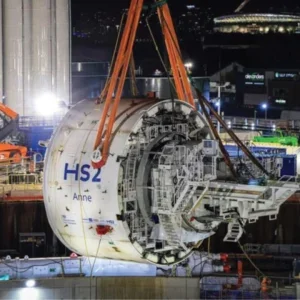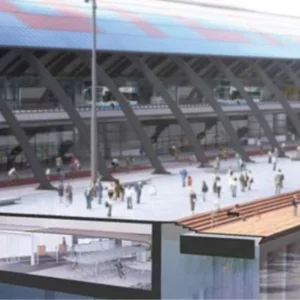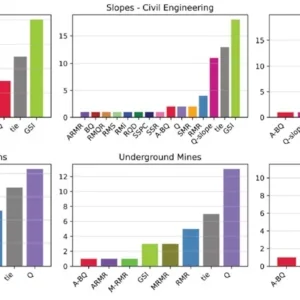Sustainability has become something of a ‘buzz’ word in recent years. As is often the case with buzz words, over use has somewhat diluted its impact.
But to the tunnelling engineer, it’s a global concept that could be a godsend. The article ‘Sustaining the future of tunnelling’, on p34, goes into far more depth on the subject, but putting it briefly, the good news is – clients are going to be taking the sustainable option in construction far more seriously in coming years and tunnels tick all the right boxes!
To paraphrase one description, sustainability ‘enables people to improve their quality of life in ways which protect and enhance the Earth’s life support systems’. Another simply says, ‘economic – social – environmental’.
The second probably best describes how tunnels fit the bill. Taking the ‘social’ first, tunnels have been connecting people for as long as they have been built. But it goes much deeper than this when combined with the economic and environmental points of the triangle. An example I’ve used before, but perfect again to show true sustainability, is the São Paulo Metro. Although regarded as expensive in the short-term, the project has been put into construction as a long-term solution to a myriad of the city’s problems – not just transport.
It’s been calculated that the underground solution will save thousands of lost work hours a year by negating up to 3-hour traffic jams that occur daily, both on the way into and out of the city. The underground system will also drastically reduce the city’s cars thereby minimising harmful emissions.
Here already are two cast iron examples of sustainability; economically – lost working hours are made up providing a welcome boost to the country’s GDP, whilst environmentally – greenhouse gas emissions are reduced.
But thirdly, the social ramifications are massive, although hard to quantify. A three hour daily journey to and from work reduced to 20 minutes each way will change the quality of a commuter’s life to a huge degree. More time at home with the family, more time to relax with friends, more time to spend enjoying life generally. A happier city could well become a more productive city.
But moreover, underground systems can benefit the social fabric of any city in an organic fashion. By placing more and more below surface, e.g. transport systems, new areas can be freed up and more employment opportunities developed.
The opportunities are real, so before relegating sustainability to the ‘buzz’ word bin, remember; it could well prove the concept that sustains our industry.
Tris Thomas






